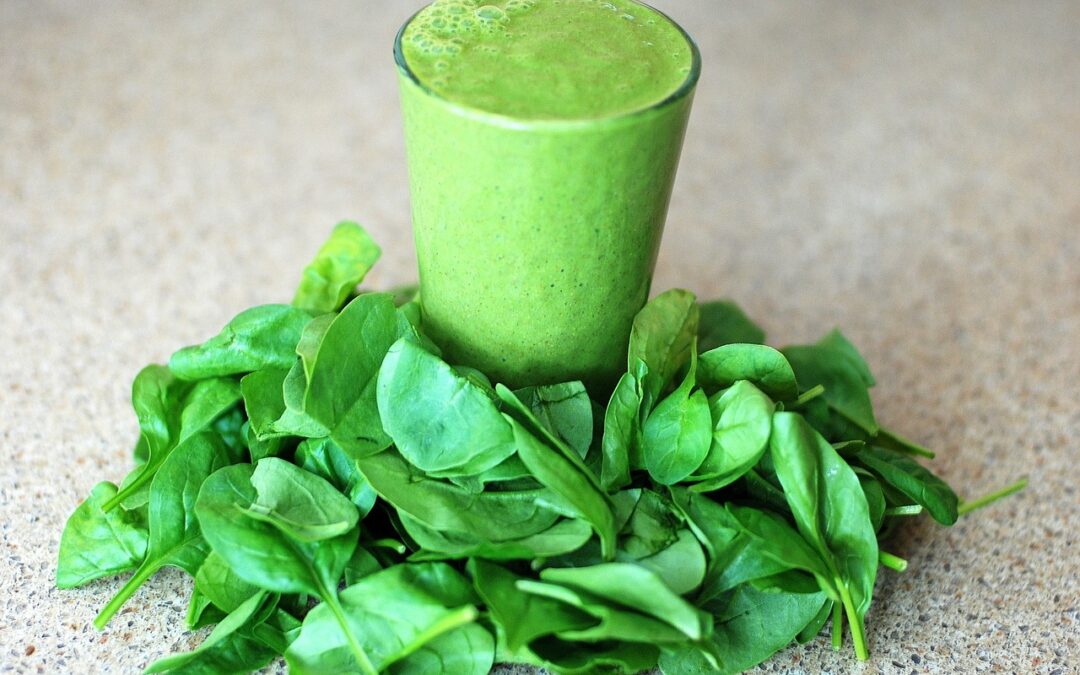Iron and magnesium are two essential minerals that play crucial roles in our overall health and well-being.
While they are often talked about separately, the combination of iron and magnesium can have powerful synergistic effects on our bodies.
In this article, we will explore the benefits of iron and magnesium, the symptoms of deficiencies, and how these two minerals work together to support our health.
JUMP TO…
The Importance of Iron and Magnesium
Benefits of Iron Supplements and Magnesium Supplements
Symptoms of Iron and Magnesium Deficiencies
The Synergistic Effects of Iron and Magnesium
How to Incorporate Iron and Magnesium into Your Diet
The Importance of Iron and Magnesium
Iron and magnesium are both essential minerals, meaning that our bodies cannot produce them on their own and we must obtain them through our diet.
Iron is responsible for carrying oxygen throughout our bodies and is essential for the production of red blood cells.
Magnesium, on the other hand, is involved in over 300 biochemical reactions in our bodies and is crucial for maintaining healthy bones, muscles, and nerves.

Benefits of Iron Supplements and Magnesium Supplements
While it is possible to get enough iron and magnesium through a balanced diet, many people may benefit from taking supplements.
Iron and magnesium supplements can help prevent deficiencies and provide additional health benefits. Some of the benefits of iron and magnesium supplements include:
- Improved energy levels: Iron is essential for the production of red blood cells, which carry oxygen throughout our bodies. Magnesium helps convert food into energy, making it a crucial mineral for maintaining energy levels.
- Stronger bones: Both iron and magnesium play a role in maintaining healthy bones. Iron helps produce collagen, a protein that is essential for bone health, while magnesium helps regulate calcium levels in our bodies, which is crucial for bone strength.
- Better sleep: Magnesium has been shown to improve sleep quality and help with insomnia. It can also help relax muscles and reduce stress, making it easier to fall asleep.
- Reduced risk of heart disease: Iron and magnesium both play a role in heart health. Iron helps produce healthy red blood cells, which carry oxygen to our hearts, while magnesium helps regulate blood pressure and maintain a regular heartbeat.
Symptoms of Iron and Magnesium Deficiencies
Iron and magnesium deficiencies are common, and they can have a significant impact on our health. Some of the symptoms of iron deficiency symptoms include:
- Fatigue and weakness
- Pale skin
- Shortness of breath
- Dizziness
- Headaches
- Cold hands and feet
- Brittle nails
- Poor appetite
- Restless legs syndrome
Symptoms of magnesium deficiency symptoms include:
- Muscle cramps and spasms
- Insomnia
- Anxiety and depression
- High blood pressure
- Irregular heartbeat
- Nausea and vomiting
- Loss of appetite
- Fatigue and weakness
If you are experiencing any of these symptoms, it is essential to speak with your doctor and get your iron and magnesium levels checked.
The Synergistic Effects of Iron and Magnesium
While iron and magnesium are essential minerals on their own, their combination can have powerful synergistic effects on our bodies. Here are some of the ways these two minerals work together to support our health.
Iron Metabolism
Iron and magnesium work together to support iron metabolism in our bodies. Iron is absorbed in the small intestine, and magnesium plays a crucial role in this process.
Magnesium is also involved in the transfer of iron from the blood to tissues throughout the body. This is important for maintaining healthy iron levels in the body, as iron is a vital nutrient for many cellular processes. Magnesium deficiency can lead to an impaired metabolism of iron, which can in turn lead to an iron deficiency.
Magnesium Metabolism
Iron also plays a role in magnesium metabolism. Iron is essential for the production of enzymes that are involved in magnesium metabolism. Without enough iron, our bodies may struggle to absorb and utilize magnesium properly.
Fun fact: B-vitamin complex helps your body use magnesium better, and vitamin B-6 (pyridoxine) is especially important for how much magnesium gets into your cells.
Improved Absorption
Iron and magnesium work together to improve the absorption of both minerals. Magnesium helps regulate the transport of iron into the bloodstream, ensuring that our bodies are getting the iron they need. At the same time, iron helps with the absorption of magnesium, making it easier for our bodies to utilize this essential mineral.
Better Bone Health
As mentioned earlier, both iron and magnesium play a role in maintaining healthy bones. Iron helps produce collagen, a protein that is essential for bone health, while magnesium helps regulate calcium levels in our bodies. Together, these two minerals can help prevent bone loss and reduce the risk of osteoporosis.
Reduced Risk of Anemia
Anemia is a condition that occurs when our bodies do not have enough healthy red blood cells to carry oxygen to our tissues. Iron deficiency is one of the leading causes of anemia, and magnesium plays a crucial role in preventing it. Magnesium helps regulate iron levels in our bodies, ensuring that we have enough iron to produce healthy red blood cells.
Improved Energy Levels
Iron and magnesium are both involved in energy production in our bodies. Iron helps produce red blood cells, which carry oxygen to our cells, while magnesium helps convert food into energy. Together, these two minerals can help improve energy levels and reduce fatigue.
How to Incorporate Iron and Magnesium into Your Diet
The best way to ensure you are getting enough iron and magnesium is to eat a balanced diet that includes a variety of foods rich in these minerals.
 Some iron-rich foods include:
Some iron-rich foods include:
- Red meat
- Poultry
- Seafood
- Beans and legumes
- Leafy greens
- Fortified cereals and bread
Some magnesium-rich foods include:
- Nuts and seeds
- Whole grains
- Leafy greens
- Avocados
- Bananas
- Dark chocolate
If you are struggling to get enough iron and magnesium through your diet, supplements can be a helpful addition. However, it is essential to speak with your doctor before starting any new supplements to ensure they are safe for you.
Conclusion
Iron and magnesium are two essential minerals that play crucial roles in our overall health and well-being.
While they are often talked about separately, the combination of iron and magnesium can have powerful synergistic effects on our bodies.
By incorporating iron and magnesium into our diets and considering supplements when necessary, we can reap the many benefits of these two minerals and support our health in the long run.

